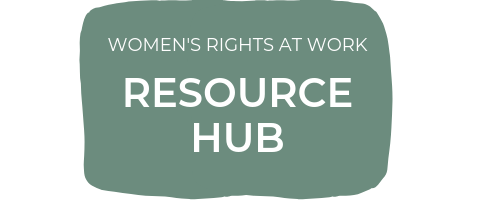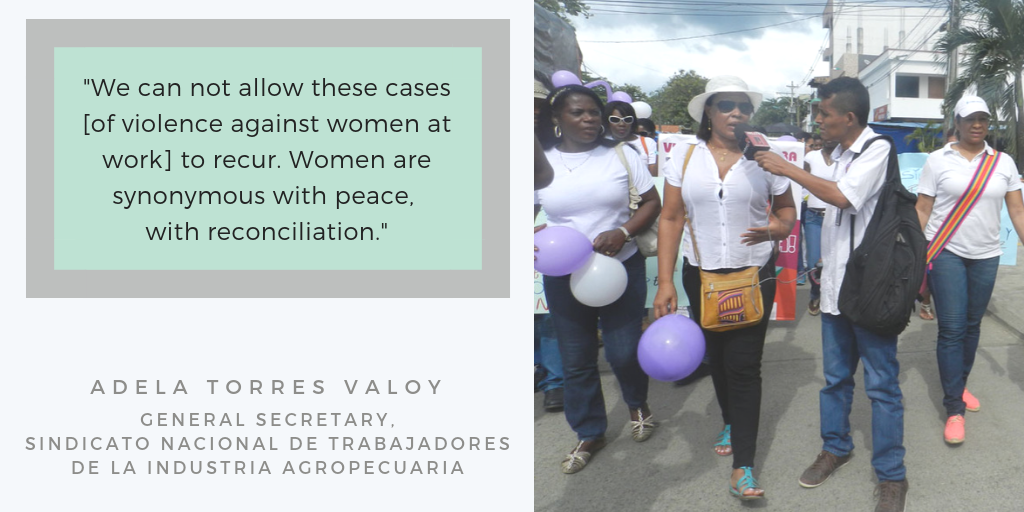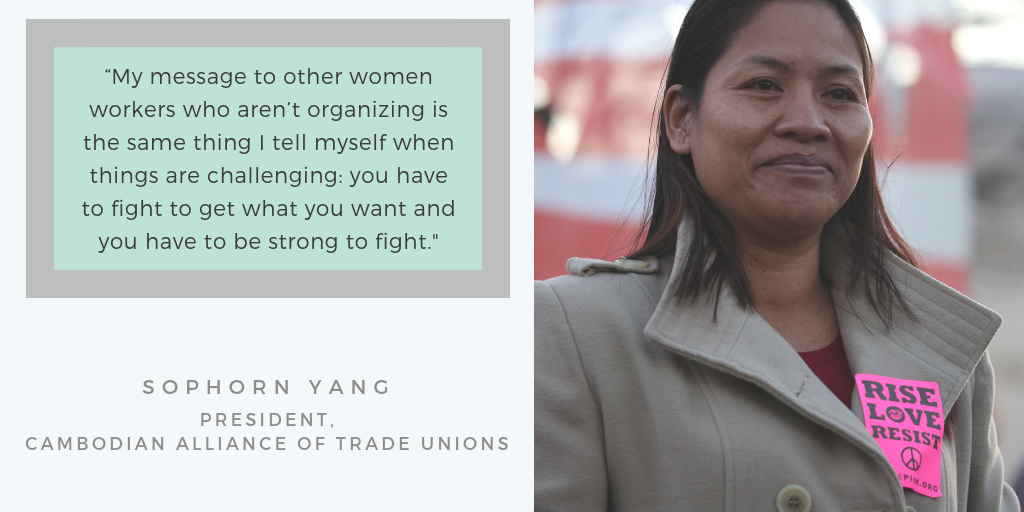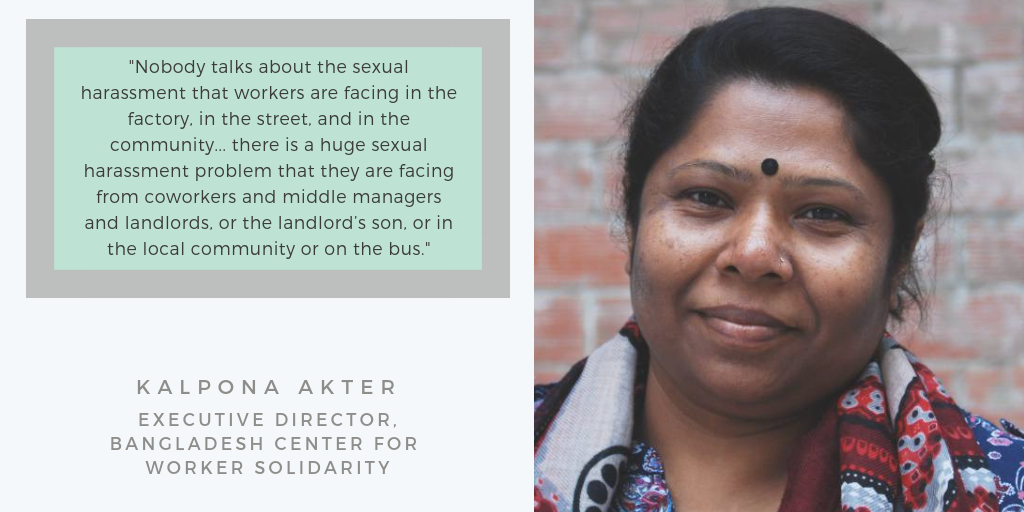
Women make up 40% of the global workforce, yet make less than their male counterparts in every country on Earth.
Women make up a vital part of the economic and social fabric that hold their communities together, yet their work is rarely valued at the same level as men’s work. Much of this has to do with what opportunities are available to them. Women are disproportionately likely to be poor, under-educated, employed in low-wage or unpaid work, and subject to dismissal for getting married or having children. In many industries, female workers are systematically denied their rights to regular pay and regular working hours; equal pay for equal work; permanent contracts; safe and non-hazardous work environments; and freedom of association. Egregious abuses, including sexual violence, harassment, and forced pregnancy tests, are all too common.
Moreover, the social status of women has not opened up at the same pace at which women have been brought into the workplace. They may have increasing opportunities at work, but they are prone to domestic violence and unequal expectations at home. It has become a mantra at development organizations, including the World Bank and United Nations, that investing in women is the best way to improve a range of societal concerns and that women’s full participation in society is a critical factor in economic development. But, more importantly, women’s rights groups have long recognized that full equality is not possible unless women can speak out for themselves.
ILRF is committed to helping women do just that at work. Browse the links above for more about our programs and partners.






